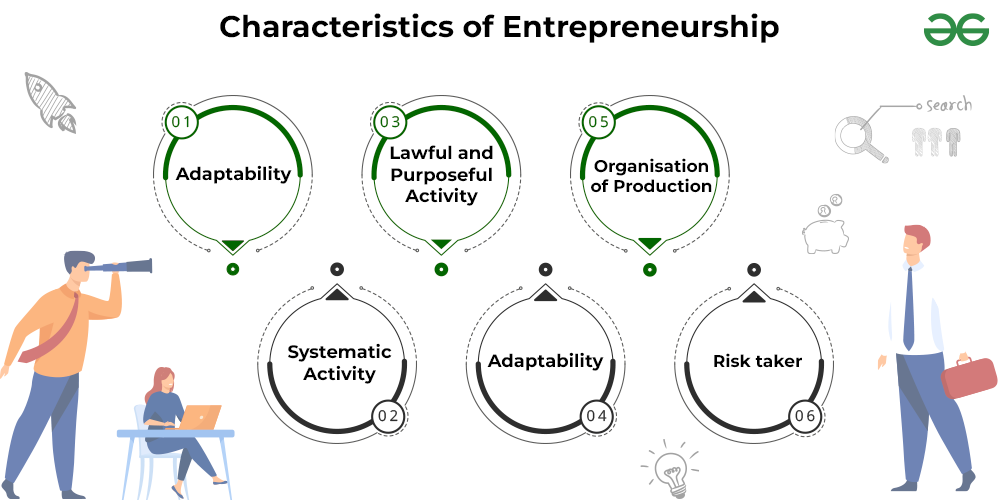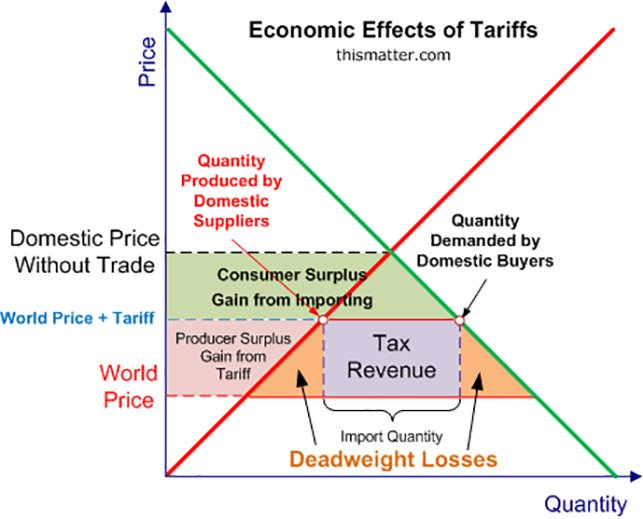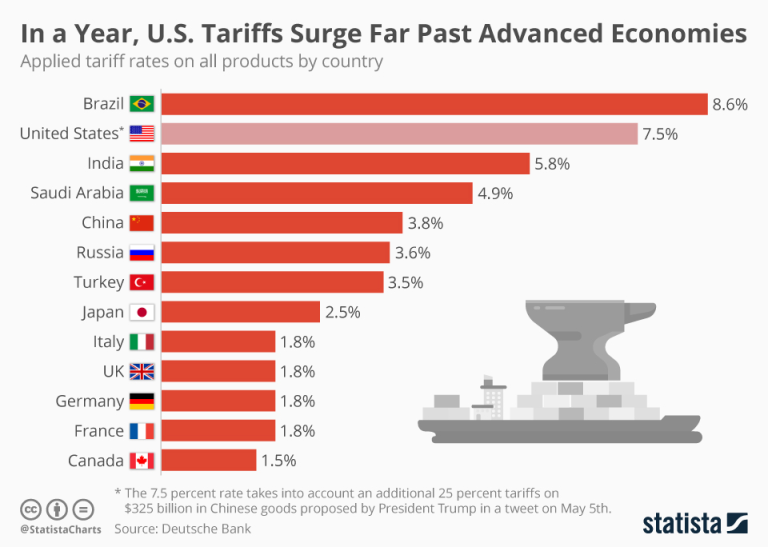
Entrepreneurialism has reshaped the landscape of work, offering individuals the chance to transform their passions into viable careers. Today, the entrepreneurial spirit thrives not just in the boardrooms of startups but also in the daily lives of freelancers and those looking to make their own job opportunities. Amidst fluctuating job market trends, more people are embracing self-employment as a way to find fulfillment and financial independence. The rise of platforms that facilitate freelance work has empowered people to step into roles that inspire creativity and innovation, reflecting a deeper shift in business management practices. As we explore the impact of entrepreneurialism, it becomes clear that this movement is about more than starting a business; it’s about redefining success and autonomy in our professional lives.
The concept of entrepreneurial activity encompasses a variety of ventures that go beyond traditional business ownership, reflecting a broader shift in how we engage with work and personal development. This phenomenon challenges individuals to take charge of their careers as solopreneurs or intrapreneurs, navigating through the complexities of the modern economy. With the workforce increasingly leaning towards gig jobs and self-created roles, understanding the dynamics of self-employment and freelance initiatives has never been more crucial. As we delve into this discourse, it is also vital to consider how the practices of managing projects and inspiring teams contribute to a thriving entrepreneurial culture. By examining the interplay between creativity and self-management, we can uncover the true essence of making one’s mark in today’s evolving job landscape.
The Rise of Entrepreneurialism in Modern America
In recent years, the concept of entrepreneurialism has evolved dramatically, becoming an integral part of the American work landscape. Factors such as technological advancements and changing job market trends have significantly influenced this shift. Individuals today are increasingly embracing the idea of ‘making their own job’, stepping away from traditional employment models to seek freelance work and self-employment opportunities. This cultural transition reflects a broader societal embrace of an entrepreneurial spirit, where people are encouraged to leverage their unique skills and passions to create their own pathways in the professional world.
The rise of entrepreneurialism can be traced back to significant economic challenges that compelled individuals to rethink their approach to work. Historical events, such as the Great Depression, propelled many towards non-traditional roles, highlighting that freelance work can be a viable alternative to standard employment. As Erik Baker explores in his book, the changing nature of the job market has encouraged individuals to view themselves not just as employees but as potential entrepreneurs, regardless of their background or employment status. This entrepreneurial mindset fosters resilience and adaptability, essential traits in a constantly evolving economy.
Freelance Work: Redefining Job Security
Freelance work has gained immense popularity, particularly in sectors that thrive on creativity and innovation. As businesses increasingly seek flexibility and specialized skills, many professionals are finding fulfillment in freelance roles that allow them to make their own job. While this shift may seem daunting, it also opens doors for individuals to take charge of their careers, transitioning from the confines of traditional job security to a more liberated work style. This new approach not only empowers freelancers but also enriches the overall job market by diversifying the talents available to employers.
The allure of freelance work lies in its potential for both personal and professional growth. By branching out as freelancers, individuals can pursue projects that resonate with their interests, thereby cultivating an entrepreneurial spirit. Moreover, the rise of remote work platforms has made it easier for freelancers to connect with potential clients globally, offering unprecedented opportunities to expand their networks. However, it’s important to recognize that freelance work also comes with its own set of challenges, such as income instability and the need for self-discipline, which require a strong sense of business management to navigate successfully.
Job Market Trends: The Shift Towards Entrepreneurial Mindset
Current job market trends indicate a significant shift towards an entrepreneurial mindset among workers. With the decline of traditional job roles and the increasing prevalence of temporary and gig employment, many individuals are compelled to redefine their careers. As discussed by Erik Baker, this transformation has led to an era where people are not only filling roles but also creating them. The emphasis on skills, innovation, and adaptability has never been more pronounced, encouraging a workforce that is equipped to face the challenges of a fast-paced economy.
Employers today are also recognizing the value of individuals who approach their work with an entrepreneurial mindset. Businesses are seeking employees who can inspire others and take initiative to drive innovation from within. This has led to a culture where managerial styles have evolved, focusing on mentorship and collaboration rather than mere oversight. The modern workforce, pushed by the realities of the job market, finds empowerment in adopting this new entrepreneurial spirit, preparing them to thrive amidst uncertainties and change.
Embracing the Entrepreneurial Spirit: A Necessity in Today’s Economy
In an economy characterized by rapid technological advancements and changing consumer preferences, embracing the entrepreneurial spirit has become a necessity for survival. As Erik Baker notes, the allure of entrepreneurialism is evident in the way individuals are compelled to innovate and adapt. Whether through starting new ventures or adopting innovative practices within existing organizations, the ability to think like an entrepreneur is essential in navigating the complexities of today’s job market.
Cultivating this entrepreneurial spirit not only fosters individual growth but also drives collective progress within industries. As more people subscribe to the idea of making their own job, a culture of empowerment develops, enhancing creativity and sparking new ideas. Thus, organizations benefit from a workforce that is not only skilled but also motivated to contribute towards holistic success. In this dynamic relationship between entrepreneurialism and the economy, the future of work promises to be collaborative and rewarding.
Business Management: Supporting the Entrepreneurial Workforce
Effective business management is crucial in supporting the growing entrepreneurial workforce. As companies adapt to the rise of freelancers and entrepreneurs, traditional management approaches must evolve to accommodate diverse working styles. An entrepreneurial approach to business management emphasizes collaboration, empowerment, and the importance of fostering innovative talent, ensuring that employees feel valued and motivated to contribute to the organization’s success.
Moreover, this shift in business management practices is essential for cultivating an environment where entrepreneurialism thrives. By providing opportunities for professional development and encouraging creativity, organizations can tap into the wealth of ideas and skills that an entrepreneurial workforce brings. This not only enhances employee satisfaction but also leads to improved business performance, positioning organizations to excel in an increasingly competitive market.
The Emotional Toll of Entrepreneurialism: Finding Balance
While the rise of entrepreneurialism offers numerous opportunities for self-fulfillment and professional growth, it also comes with an emotional toll. Many individuals grapple with the pressures of constant innovation and the fear of failure, which can lead to stress and anxiety. This is particularly evident amongst freelancers and entrepreneurs who often wear multiple hats, managing everything from marketing to finances. The pursuit of success in an entrepreneurial landscape can sometimes overshadow the importance of personal well-being.
To counteract these stresses, it is vital for budding entrepreneurs and freelancers to establish a work-life balance. Finding time to disconnect from work and engage in self-care practices can mitigate feelings of overwhelm and foster creativity. Furthermore, building a supportive network of peers can also provide emotional reassurance and practical advice, helping individuals navigate the unique challenges they face in today’s entrepreneurial ecosystem.
The Influence of Technology on Entrepreneurialism
The rapid advancement of technology has had a profound impact on the landscape of entrepreneurialism. Tools and platforms that enhance connectivity and efficiency are empowering entrepreneurs like never before. From social media to online marketplaces, technology enables individuals to showcase their talents, market their services, and engage with clients globally. As a result, the barriers to entry for starting a business have significantly decreased, allowing more people to pursue entrepreneurial ventures.
However, this technological transformation also introduces new challenges. Entrepreneurs must stay current with evolving tools and trends to remain competitive in the market. Additionally, the reliance on technology can sometimes lead to impersonal interactions, making it crucial for entrepreneurs to maintain a human touch in their dealings. By effectively leveraging technology while nurturing personal relationships, today’s entrepreneurs can create sustainable businesses that thrive in an interconnected economy.
Overcoming Barriers to Entrepreneurship
Despite the opportunities presented by entrepreneurialism, various barriers still exist that can hinder individuals from starting their own businesses. Factors such as access to funding, lack of resources, and limited knowledge about business management can pose significant challenges. Moreover, societal attitudes towards entrepreneurship can also impact one’s willingness to take the leap into self-employment. Recognizing these barriers is essential to encouraging a more inclusive environment that supports aspiring entrepreneurs.
To overcome these obstacles, various initiatives can be explored, including mentorship programs, financial literacy training, and community support networks. By providing aspiring entrepreneurs with the tools and knowledge they need to succeed, society can foster a culture of innovation and self-sufficiency. Furthermore, promoting success stories of diverse entrepreneurs can inspire future generations to embrace the entrepreneurial spirit, showing them that they can also make their own job and thrive.
The Future of Work: Entrepreneurialism and Adaptability
As we look to the future, the relationship between entrepreneurialism and the evolving landscape of work becomes increasingly significant. The ability to adapt, innovate, and embrace change will be crucial for individuals seeking to thrive in a dynamic job market. Entrepreneurialism will likely continue to reshape the way we think about work, propelling individuals toward new opportunities and challenges that require a blend of skill and creativity.
Organizations must also prepare for this shift by fostering a culture that encourages entrepreneurialism among employees. By empowering team members to think like entrepreneurs, companies can cultivate an adaptable workforce ready to tackle the uncertainties of tomorrow. As the lines between employment and entrepreneurship blur, the future of work promises to be characterized by collaboration, creativity, and a shared commitment to success.
Frequently Asked Questions
What is entrepreneurialism and how has it changed the job market trends?
Entrepreneurialism refers to the spirit of innovation and risk-taking in creating new businesses, which has significantly transformed job market trends. This shift reflects a move from traditional employment towards freelance work and self-employment, allowing individuals to make their own job opportunities instead of relying solely on corporate structures.
How does the concept of ‘make your own job’ relate to modern entrepreneurialism?
The phrase ‘make your own job’ embodies the essence of modern entrepreneurialism, encouraging individuals to utilize their unique skills and creativity to forge their own career paths. This mindset promotes freelance work and small business ventures as viable alternatives to conventional employment.
What role does the entrepreneurial spirit play in shaping business management practices today?
The entrepreneurial spirit is central to contemporary business management, emphasizing leadership that inspires teamwork and innovation rather than merely overseeing production. Managers are now encouraged to cultivate an environment where employees feel empowered to contribute ideas and initiatives.
Are there specific job market trends that indicate a rise in freelance work due to entrepreneurialism?
Yes, recent job market trends show a notable increase in freelance work as more individuals embrace entrepreneurialism. This rise is driven by technological advancements and a cultural shift towards valuing flexibility and personal fulfillment over traditional job security.
How can individuals develop their entrepreneurial spirit in today’s economy?
Individuals can enhance their entrepreneurial spirit by actively pursuing continuous learning, networking with other entrepreneurs, and exploring new skills relevant to freelance work or starting a business. Embracing challenges and being open to innovation are key to flourishing in today’s economy.
Why is understanding job market trends important for aspiring entrepreneurs?
Understanding job market trends is crucial for aspiring entrepreneurs as it helps them identify gaps in the marketplace and opportunities for innovation. By staying informed, they can tailor their business ideas to meet current needs and leverage existing trends in entrepreneurialism.
What impact has historical entrepreneurialism had on the modern workforce?
Historical entrepreneurialism has laid the foundation for the modern workforce by promoting self-reliance and adaptability. As traditional job roles evolve, the entrepreneurial mindset encourages workers to seek freelance opportunities and develop skills that enhance their employability in a dynamic economy.
How does entrepreneurialism influence economic development in different communities?
Entrepreneurialism significantly influences economic development by fostering innovation and job creation within communities. Areas with a strong entrepreneurial spirit often experience growth as individuals launch startups and small businesses, contributing to local economies and diversifying job opportunities.
What are some challenges faced by individuals engaging in entrepreneurialism?
Individuals engaging in entrepreneurialism often encounter challenges such as financial instability, the need for continuous self-motivation, and dealing with market competition. The pressure to succeed while navigating these obstacles can be overwhelming, but resilience and adaptability are crucial for long-term success.
How can the concept of ‘freelance work’ be integrated into the entrepreneurial landscape?
Freelance work is increasingly being integrated into the entrepreneurial landscape as it allows individuals to operate independently while maintaining flexibility. This fosters a culture where one can thrive as a solopreneur, networking with others to share resources and collaborate on projects.
| Key Aspect | Description |
|---|---|
| Definition of Entrepreneurialism | A philosophy emphasizing personal initiative and self-employment, where individuals apply unique skills and ambition to create jobs. |
| Historical Context | Emerging from the end of the 19th century due to technological changes that diminished manufacturing jobs. |
| Influential Literature | Books like ‘Make Your Own Job’ and ‘Think and Grow Rich’ promote turning work into a personal calling. |
| Management Shift | Transition from orthodox management to entrepreneurial management focusing on inspiring workers. |
| Economic Impact | Entrepreneurialism rises during economic stress, with more people seeking meaningful work instead of just employment. |
| Modern Significance | The current culture glorifies risk and adaptability, with increasing numbers in freelance and temporary roles. |
Summary
Entrepreneurialism represents a transformative approach to work that has reshaped American labor dynamics since the late 19th century. The drive towards self-creation and individualism, as detailed by Erik Baker in his work, continues to evolve, shaping how we value work and personal initiative. With the rise of technology and changing economic landscapes, the relevance of entrepreneurialism is more pronounced than ever, prompting individuals to embrace the uncertainties of today’s job market. Ultimately, while entrepreneurialism offers opportunities for growth and independence, it also imposes a unique set of challenges that can lead to stress and anxiety about the future.



